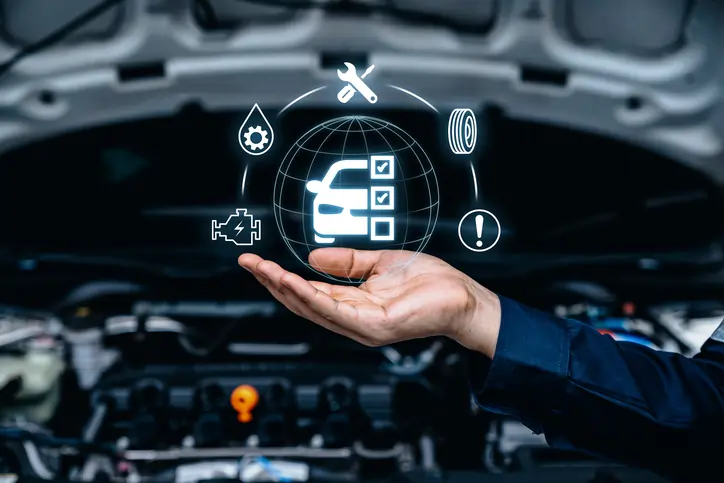
Reducing the danger of accidents depends on you keeping your car well-maintained. Regular maintenance not only increases the longevity of your car but also guarantees that it runs as it should, therefore reducing the possibility of mechanical problems causing mishaps. These basic auto maintenance pointers can enable you to stay safe while driving.
But before we go into that, it’s crucial to know where to get assistance in case of an accident. If you are hurt in an accident, always look for good car accident lawyers that can offer you the required legal help. A trustworthy automobile accident attorney can guarantee you the compensation you are due and assist you throughout the claim process. It’s always preferable to be ready and to have the contact details of a reliable attorney handy.
With that said, here are essential car maintenance tips to reduce the chances of accidents:
1. Take Care of Your Tires
Always pay close attention to your tires. Since your car makes contact with the road via your tires, they are quite important. You can take care of your tires by doing the following:
- Regular tire pressure checks help to ensure that both under- and over-inflated tires don’t affect handling and raise accident risk.
- Make sure the tire tread also looks good. Particularly in rainy or slippery circumstances, worn-out treads lower traction, which makes vehicle control more difficult.
- To guarantee even wear, rotate your tires every 5,000 to 8,000 miles. Replace them when the tread depth is less than two-third of an inch.
2. Make Sure Your Brakes are Working Well
One of the most important safety devices is the brake, hence maintenance of them should be a priority. Here are some things you can do:
- Listen for any odd sounds, such as grinding or screeching, which could point to either worn-out brake pads or other problems.
- Check the brake fluid level often; top off as needed.
- It’s time to have your brakes checked by a professional if you find your car pulls to one side when braking or if the brake pedal feels mushy.
3. Always Change Oil
Another crucial component of vehicle maintenance are oil changes. By lubricating your engine’s moving components, engine oil reduces friction and overheating. As oil ages, it can get contaminated and less efficient, which increases engine wear and tear. Do these:
- Follow advice from your car maker regarding oil change intervals, usually every 3,000 to 5,000 miles.
- Verify the oil level often as well; top it out as necessary.
- Additionally important is using the correct kind of oil for your car; hence, refer to your owner’s manual for directions.
4. Check Your Battery Often
Though it’s sometimes disregarded, battery upkeep is essential for your car’s general performance. Particularly in dangerous circumstances, a weak or dead battery can cause you to get trapped and increase your chance of accidents. These are some crucial battery checks:
- Examining the battery terminals often for corrosion will help determine when it’s time to clean them.
- Check that the connections are snug and that the battery is firmly installed.
- If your battery is more than three years old, you might want to have it checked by a professional to make sure it is still chargeable.
- If it is discharged, charge it.
5. Keep Your Car Lights Shining
Another absolutely vital safety element in your car is its lights. Visibility and communication with other cars depend on properly running taillights, brake lights, turn signals, and headlights. Here’s a way to keep your car lights shining:
- Check every light often; replace any burned-out bulbs right away.
- To get any dirt or grime out of the lenses so as to maximize their clarity, clean them.
- Your headlights may need replacement or lens restoration if you find they are dark.
6. Top Up Fluids
Remember also the fluids in your car. Apart from engine oil, coolant, transmission fluid, power steering fluid, and windshield washer fluid are other fluids your automobile depends on to run as it should.
- Check these fluid levels often; top them off as necessary.
- If you see fluid puddles under your car, have it checked since leaks can point to a more major issue.


